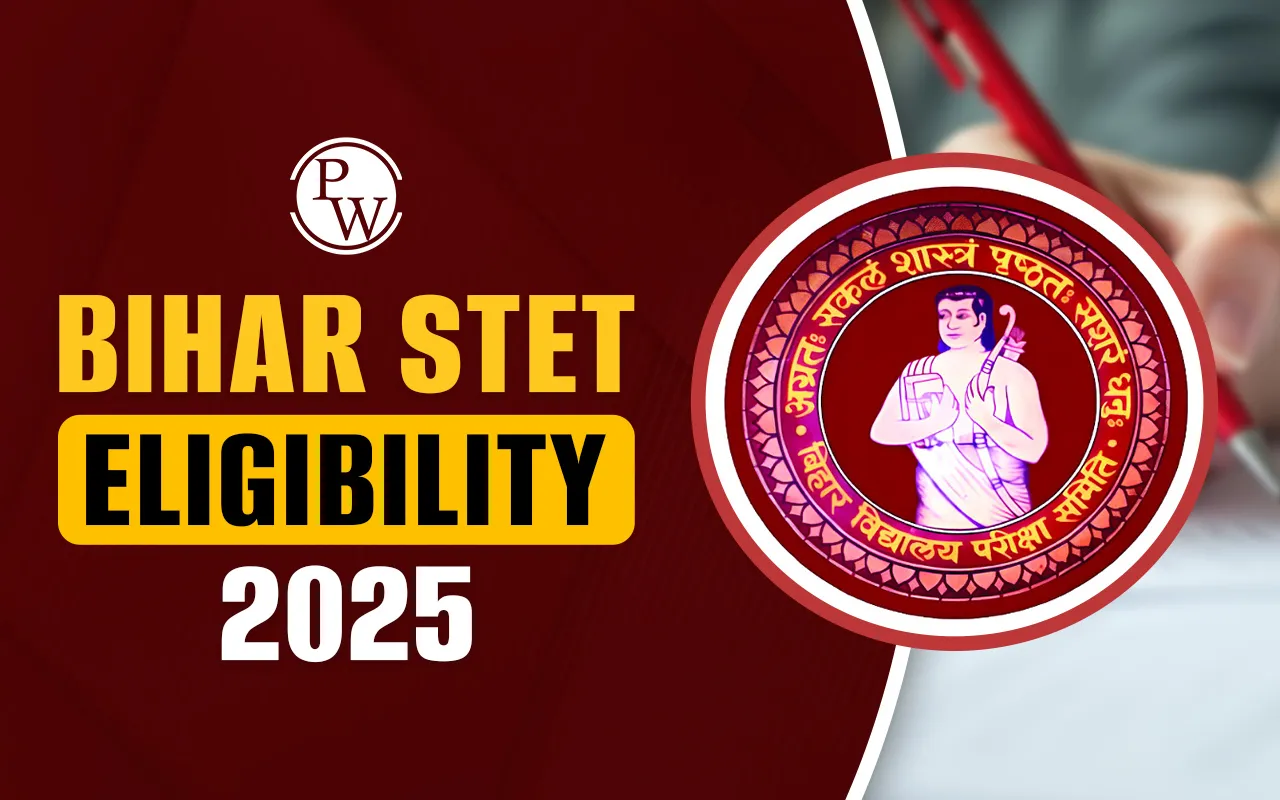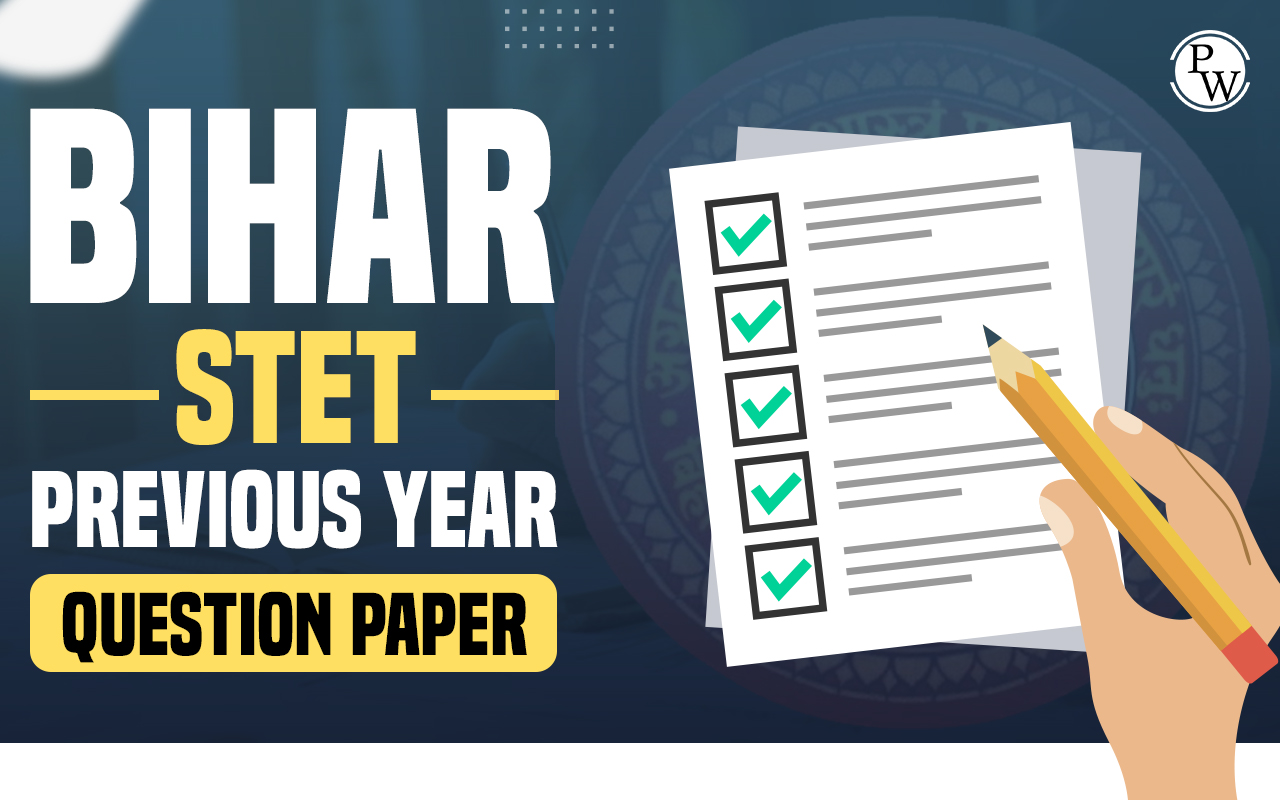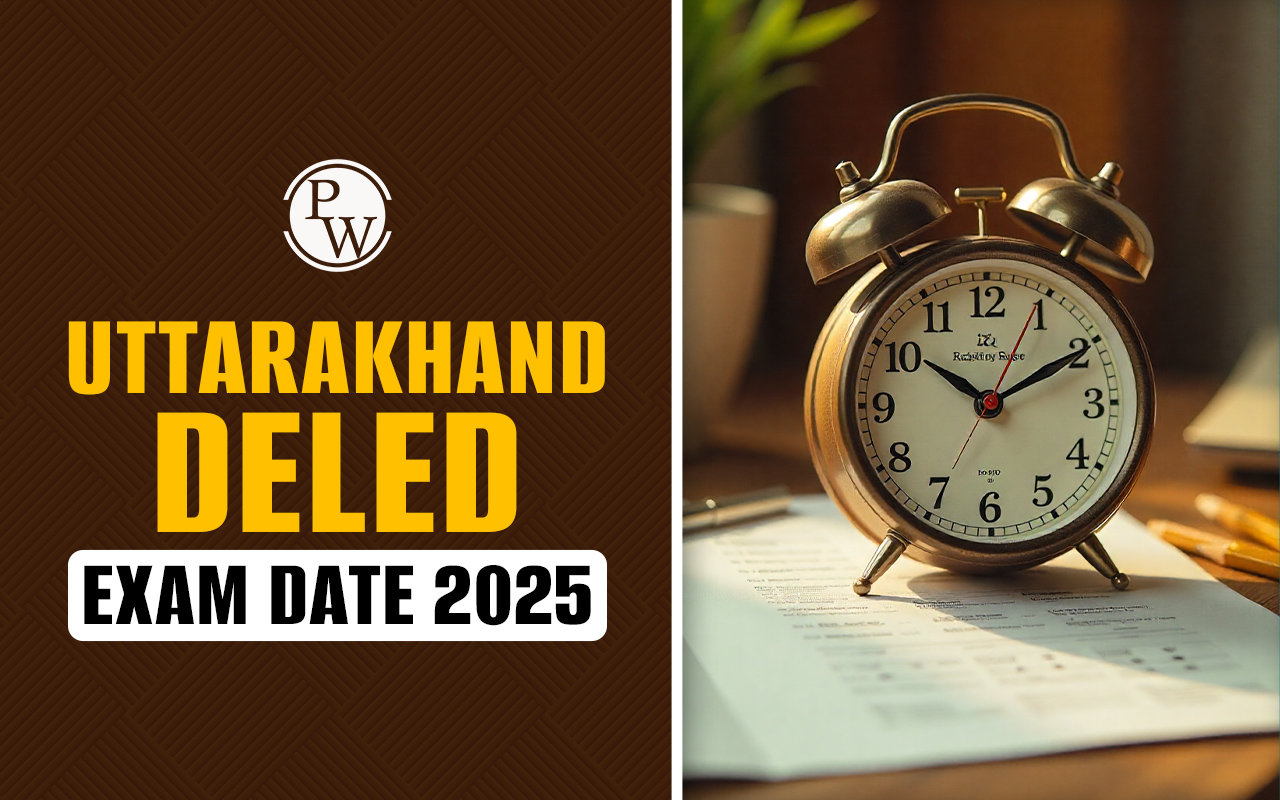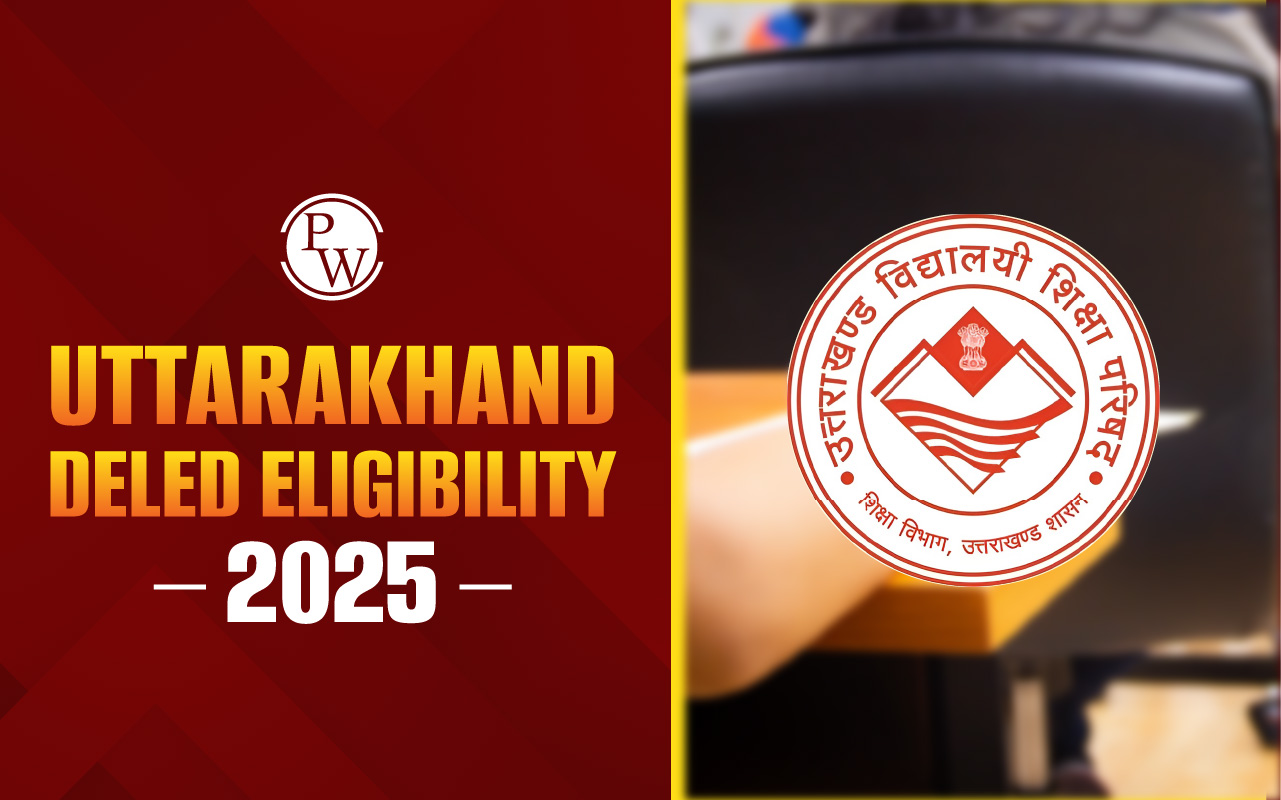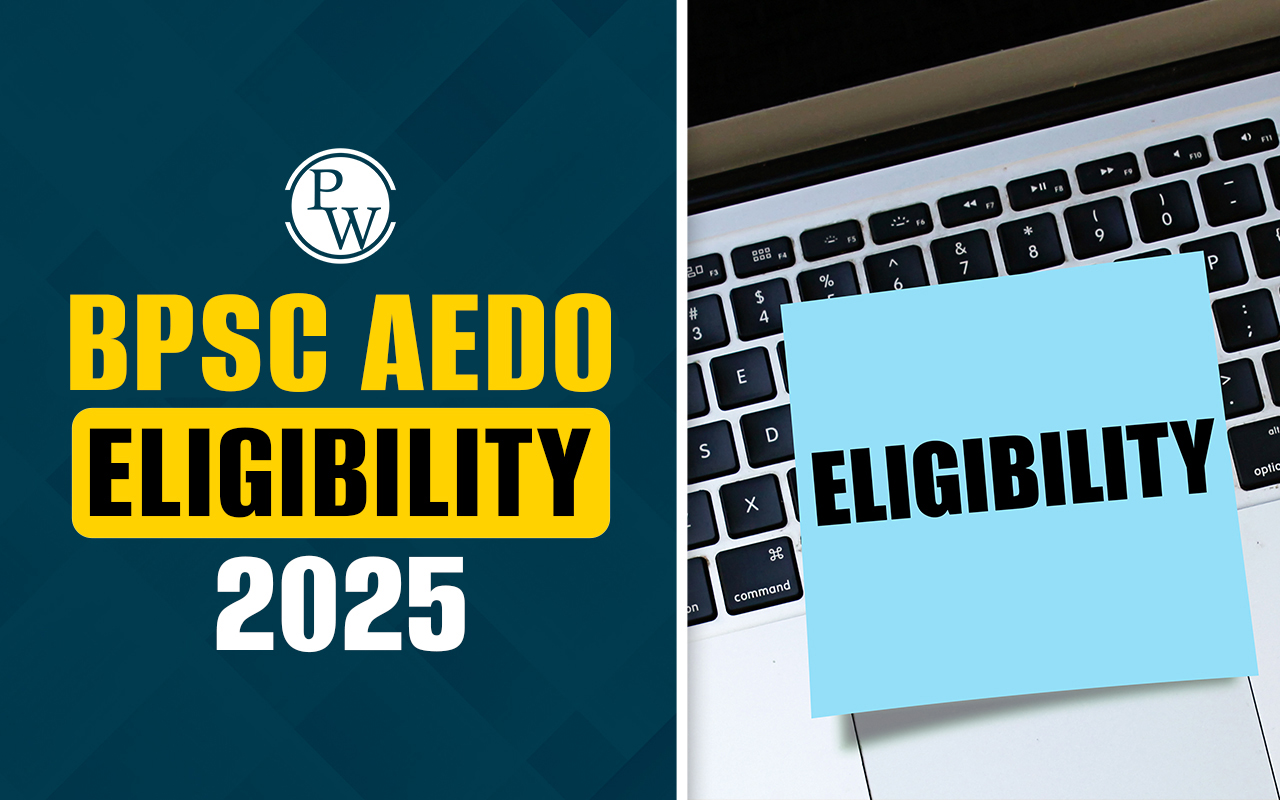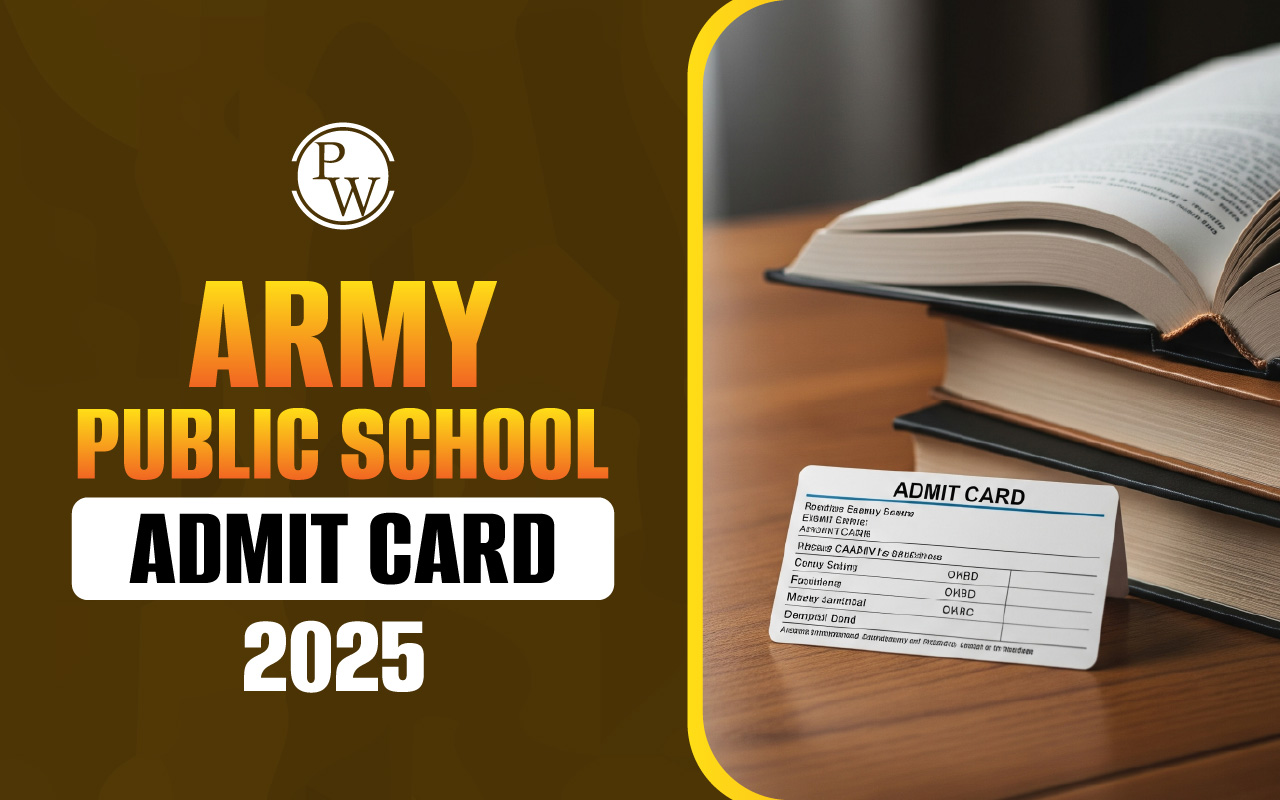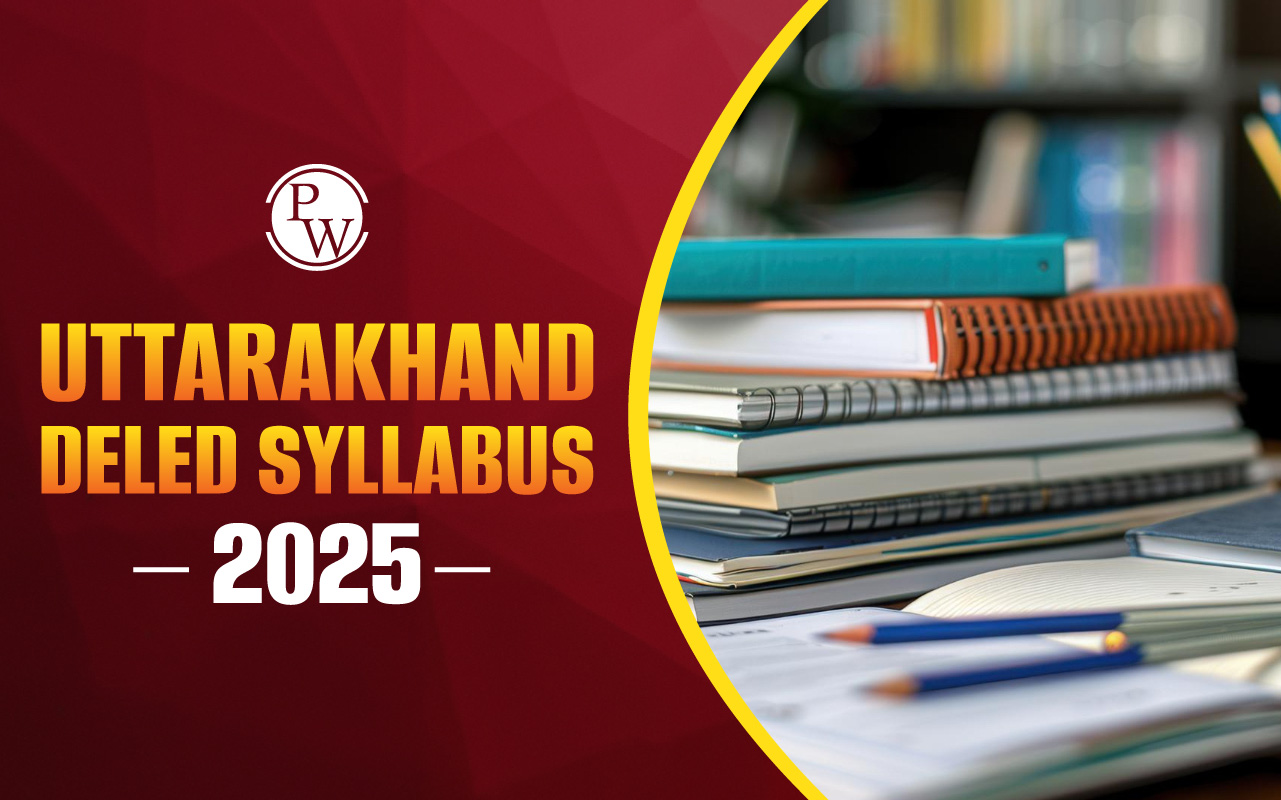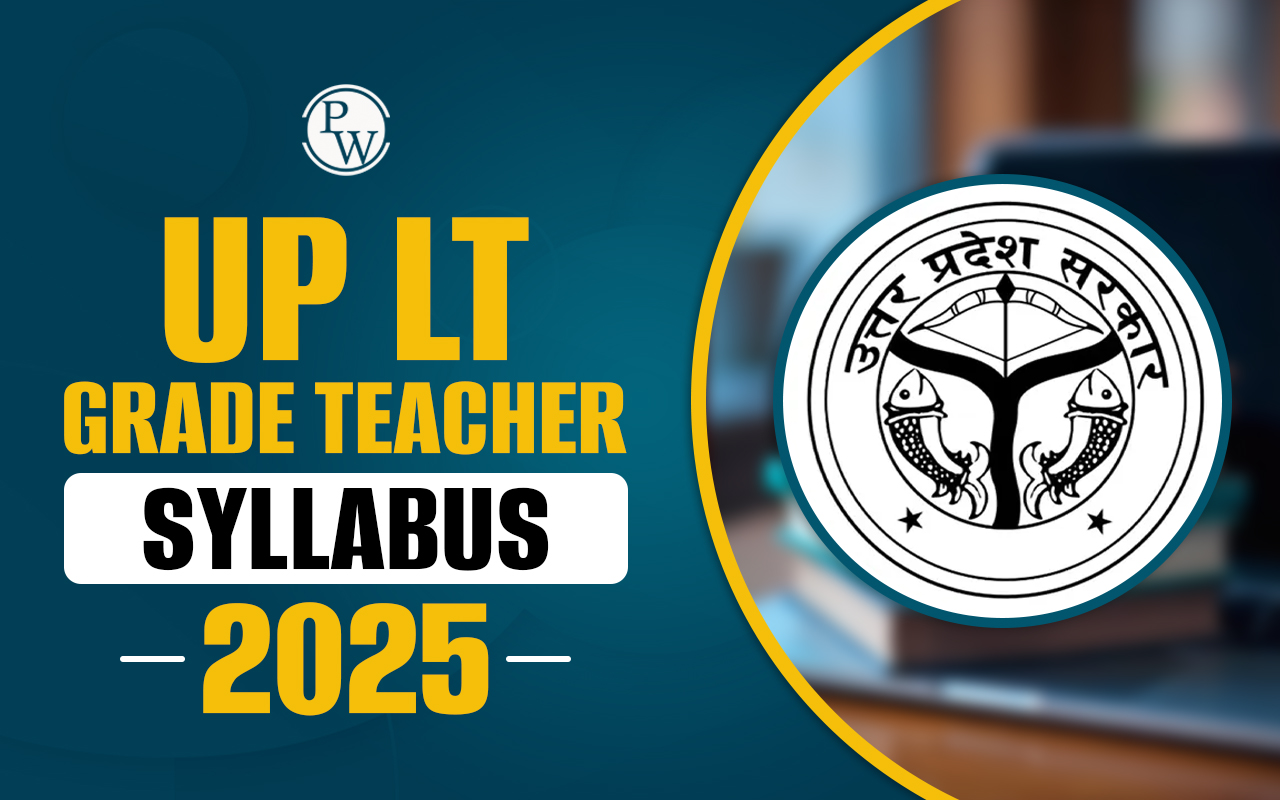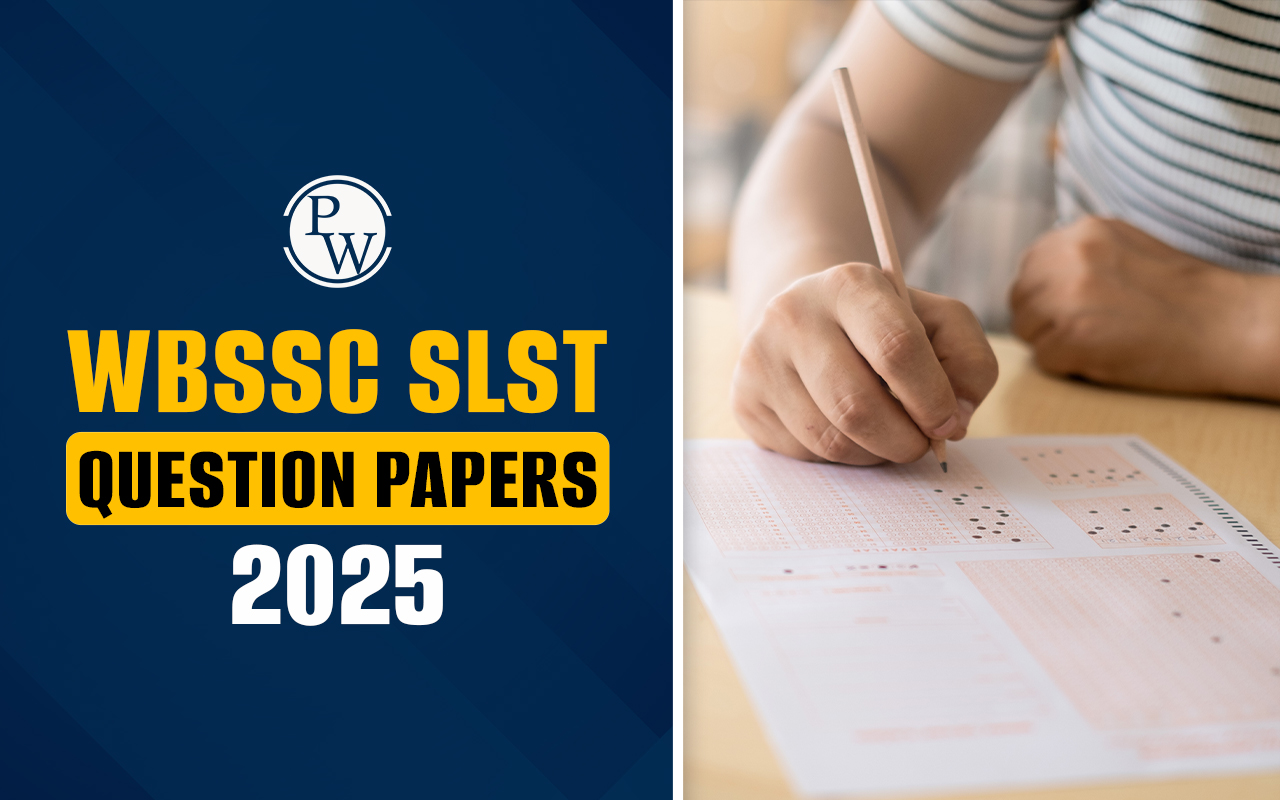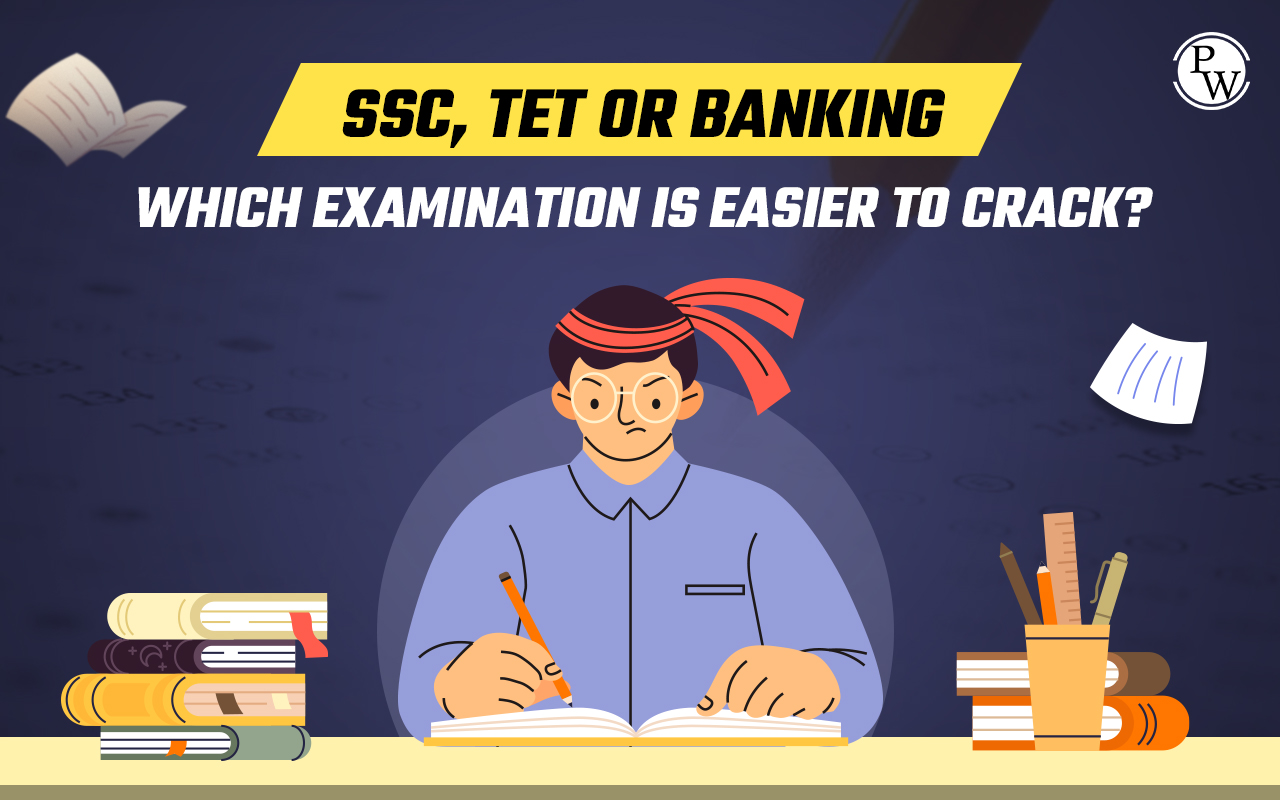
SSC, TET, and Banking are India's most popular competitive exams. Millions of candidates appear for these exams every year, hoping to secure a government job. But which exam is the easiest to crack? There is no easy answer to this question. It depends on several factors, including your strengths and weaknesses, career goals, and preparation strategy.
SSC Exams are conducted by the Staff Selection Commission to recruit candidates for various posts in the Central Government. The most popular SSC Exams are SSC CGL and SSC CHSL. TET Exams are conducted by various state governments to recruit candidates for teaching posts in government schools. The most popular TET exam is the Central Teacher Eligibility Test (CTET). Banking exams are conducted by various banks to recruit candidates for various posts in the banking sector. The most popular Banking Exams are IBPS PO and SBI PO.
SSC (Staff Selection Commission)
The SSC (Staff Selection Commission) Exam is a series of competitive examinations conducted by the Government of India to recruit staff for various posts in different government departments, ministries, and subordinate offices. SSC exams are widely recognized and serve as a gateway to secure prestigious government jobs in India.
The SSC conducts various examinations, including.
- SSC Combined Graduate Level (CGL) Exam . This exam is for graduates and recruits candidates for Group B and Group C posts in various government departments.
- SSC Combined Higher Secondary Level (CHSL) Exam : This exam is for candidates who have completed their 10+2 education and recruits for lower division clerk (LDC), postal assistant, data entry operator, and other similar positions.
- SSC Multi-Tasking Staff (MTS) Exam : MTS recruits staff in various government ministries and departments for tasks like peon, gardener, and other general duties.
- SSC Junior Engineer (JE) Exam : The JE exam recruits junior engineers in various government organizations for engineering-related positions.
- SSC Stenographer Exam : This exam is for recruiting stenographers in various government departments.
- SSC Constable (General Duty) Exam : It recruits constables for various paramilitary forces like CRPF, BSF, CISF, etc.
- SSC Selection Post Exam recruits candidates for specific department and ministry posts.
Posts Defined Under SSC
The popular posts for which the commission conducts the exam are mainly Group B and C under different ministries. Refer to the table below to learn about the category-wise SSC job profiles.
| Category | Job Profile |
| MTS |
|
| CHSL |
|
| JE |
|
| CGL |
|
| Constable |
|
SSC Selection Process
SSC Exams are highly competitive, and candidates must rigorously prepare to qualify. Successful candidates secure government jobs with good pay, security, and benefits. The specific SSC exam a candidate chooses to appear for depends on their educational background, career goals, and interests.
The selection process within the SSC varies depending on the specific profile for which the candidate is applying. Group C positions such as Lower Division Clerk (LDC), Multi-Tasking Staff (MTS), Stenographer, Data Entry Operator, and Postal Assistant typically involve a two-tier selection process. This process consists of two rounds: a written examination and a skill test, which may include tasks like essay writing, typing, or translation, among others.
In contrast, Group B positions follow a more comprehensive selection process with three levels. This process includes Tier 1 and 2 written examinations and skill tests. For roles like Constable or Sub Inspector, the selection process encompasses a written and Physical Efficiency Test (PET) or Physical Standard Test (PST) round.
SSC Salary
Salary, Benefits, and Career Advancement opportunities for candidates who succeed in SSC exams are determined according to the 7th Pay Commission guidelines. The compensation package includes grade pay and pay scale, which vary based on the candidate's category. Please refer to the table below for detailed information regarding grade pay and the pay scale corresponding to SSC exams.
| Category | Grade Pay | Pay Scale |
| Group B (Gazetted) | 4800 | Pay Level-8 (Rs 47,600 to 1,51,100) |
| Group B | 4600 | Pay Level-7 (Rs 44,900 to 1,42,400) |
| 4200 | Pay Level-6 (Rs 35,400 to 1,12,400) | |
| Group C (SSC CGL) | 2800 | Pay Level-5 (Rs 29,200 to 92,300) |
| 2400 | Pay Level-4 (Rs 25,500 to 81,100) | |
| Group C (SSC CHSL) | 1900 | Pay Level-2 (Rs 19,900 to 63,200) |
| Group D (MTS) | 1800 | Pay Level-1 (Rs 18,000 to 56,900) |
TET (Teacher Eligibility Test)
The Teacher Eligibility Test (TET) is a crucial examination conducted at the state or national level, primarily aimed at assessing the eligibility and competence of individuals aspiring to become teachers in elementary or primary schools. TET is an essential step in the recruitment process for teachers, ensuring that only qualified and proficient candidates are entrusted with the responsibility of shaping young minds. Key Points to Understand About the TET Exam :
- Objective : The primary objective of the TET exam is to evaluate the teaching aptitude, pedagogical understanding, and subject knowledge of candidates aspiring to work as teachers in primary (Classes 1 to 5) and upper primary (Classes 6 to 8) schools.
- Levels : TET exams are categorized into two levels: Paper 1 and Paper 2. Paper 1 is intended for candidates aiming to teach at the primary level, while Paper 2 is for those interested in teaching at the upper primary level. Some states may also have a combined TET exam that assesses eligibility for both levels.
- Subjects : TET exams typically cover subjects such as child development and pedagogy, language proficiency, mathematics, and environmental studies for Paper 1. For Paper 2, subjects include child development, language proficiency, mathematics, science, and social studies.
- Passing Criteria : To qualify for the TET exam, candidates must score above a specified minimum threshold, which may vary by state or conducting authority. Achieving this minimum score is essential for securing a teaching position in government or private schools.
- Validity : The validity of TET certificates varies from state to state. In some states, the certificate is valid for life, while in others, it is valid for a certain number of years, such as 5 or 7 years.
- Recruitment : TET scores are a crucial criterion for teacher recruitment in government schools. Many private schools consider TET eligibility when hiring teachers to ensure quality education.
- Regulatory Bodies : TET exams are conducted by various state education boards and regulatory authorities, each having its own set of rules, syllabi, and examination patterns. The Central Teacher Eligibility Test (CTET) is a national-level TET examination conducted by the Central Board of Secondary Education (CBSE) for schools under the central government.
The Teacher Eligibility Test (TET) plays a pivotal role in maintaining the quality of education by assessing and certifying the competence of prospective teachers. It is a vital step in teacher recruitment, ensuring educators possess the necessary skills and knowledge to nurture the future generation effectively.
Posts Defined Under TET
The TET is the minimum eligibility requirement for teaching posts in government schools. However, the specific posts that are available to TET-qualified candidates may vary from state to state. TET-qualified candidates can also apply for teaching posts in private schools. However, private schools may have their own eligibility criteria in addition to the TET requirement. The posts defined under the Teacher Eligibility Test (TET) are:
| Category | Area of Specialization |
| Level I: (Primary Teacher) | Class 1 to 5 |
| Level II: (Trained Graduate Teacher) | Class 6 to 8 |
| Level III (Post Graduate Teacher) | Class 9 to 12 |
TET Selection Process
The Teacher Eligibility Test (TET) selection process is crucial for aspiring teachers. It typically consists of two papers: Paper I and Paper II. Paper I is intended for those who wish to teach classes I to V, while Paper II is for those aiming to teach classes VI to VIII. Candidates can appear for one or both papers based on their teaching preferences and qualifications.
The selection process primarily involves a written examination assessing candidates' knowledge, teaching aptitude, and subject expertise. The examination evaluates their ability to impart quality education to students at different grade levels. Scoring above the predetermined passing marks in the TET examination is essential to qualify for teaching positions in central and state government schools.
| Particulars | Paper 1 (Primary Level) | Paper 2 (Upper Primary Level) |
| Mode of the Exam | Offline | Offline |
| Subjects |
|
|
| Maximum Question | 150 | 150 |
| Maximum Marks | 150 | 150 |
| Duration | 150 minutes | 150 minutes |
| Negative Marking | No | No |
| Qualifying Marks |
|
|
TET Salary
The salary structure for individuals who qualify for the Teacher Eligibility Test (TET) varies depending on the specific teaching position, educational qualifications, and the employing institution. Generally, TET-qualified teachers can expect competitive salaries and additional benefits.
| Particulars | Primary Teacher | Upper Primary Teacher |
| Pay Scale | 9,300-34,800 | 9,300-34,800 |
| Grade Pay | 4200 | 4600 |
| Basic Pay | 35,400 | 44,900 |
| DA | 13452 | 17062 |
| HRA | 6372 | 8082 |
| TA | 2484 | 2484 |
| Salary in hand | Rs. 57,708/- | Rs. 72,568/- |
Banking Exam
Every year, numerous bank exams are conducted regularly for the recruitment of personnel across different positions within the banking industry. Twenty-one public sector banking institutions, including the RBI, IBPS, and SBI, conduct examinations for officer and clerical positions on an annual basis. While there is a substantial influx of aspirants wishing to join the banking sector each year, only a select few qualify for these examinations successfully. Among the various positions for which Bank Exams are conducted, three key roles are particularly significant in the banking sector:
- Bank PO (Probationary Officer): This role is highly sought after by candidates aspiring to take on managerial responsibilities within the banking sector.
- Bank Clerk/Assistant (Clerical Cadre): Aspiring candidates often aim for positions involving various administrative and customer service tasks within banks.
- Bank SO (Specialist Officer): Specialist Officers are recruited for specialized roles in IT, marketing, law, and more, catering to specific banking functions.
Every year, millions of aspirants participate in bank exams like RBI Grade B, SBI PO, SBI Clerk, SBI SO, IBPS PO, IBPS Clerk, IBPS RRB, and others, with the hope of securing one of these esteemed positions within the country's banking sector.
Posts Defined Under Banking
The banking sector is one of the most important sectors in any economy. Banks provide various financial services to individuals and businesses, including deposit accounts, loans, credit cards, and investment products. Banks also play a vital role in supporting economic growth by financing businesses and households.
| Organization | Description |
| Institute of Banking Personnel Selection (IBPS) |
|
| State Bank of India (SBI) |
|
Banking Selection Process
The selection process for banking jobs in India typically involves several stages designed to assess the candidates' suitability for specific positions. While the exact process may vary from one bank to another, here is a general overview of the standard selection process for Banking Jobs .
IBPS Selection Process
The IBPS selection process consists of the following stages:
- Preliminary Exam : The preliminary exam is a multiple-choice objective test that tests the candidate's Reasoning Ability, Quantitative Aptitude, and English language proficiency.
- Main Exam : The main exam is a descriptive test that tests the candidate's writing skills, English language proficiency, and Quantitative Aptitude.
- Interview : The interview is the final stage of the selection process. It is a face-to-face interview with a panel of bank officials.
SBI Selection Process
The SBI selection process consists of the following stages:
- Preliminary Exam : The preliminary exam is a multiple-choice objective test that tests the candidate's Reasoning Ability, Quantitative Aptitude, and English language proficiency.
- Main Exam : The main exam is a descriptive test that tests the candidate's writing skills, English language proficiency, and Quantitative aptitude.
- Psychometric Test and Interview: The Psychometric Test is a test that assesses the candidate's personality traits, such as aptitude, intelligence, and emotional intelligence. The Interview is a face-to-face interaction with a panel of interviewers.
Banking Salary
Salaries in the banking sector in India can vary significantly depending on the position, experience, and the bank's policies. Here is an overview of the approximate salary ranges for some common positions in Indian banks.
| Component | Clerk | Specialist Officer | Probationary Officer |
| Basic Pay | 19900 | Rs 8600/- | Rs 36,000/- |
| Dearness Allowance | Rs 5209.82/- | Rs 8600/- | Rs. 8,593.20/- |
| City Compensatory Allowance (CCA) | Rs. 0/- | 0% to 4% (depending on the place of posting) | Rs. 1,400/- |
| House Rent Allowance (HRA) | Rs2039.75/- | 7%-9% of Basic Pay | Rs. 3,240/- |
| Special Allowance | Rs. 4,118/- | DA+Basic | Rs. 5,904/- |
In addition to the allowances above, the compensation package for IBPS POs in India includes several other benefits and perks:
- Travel Allowances: IBPS POs have the choice of either receiving a full traveling allowance or getting reimbursed for the expenses incurred on petrol/diesel for official travel.
- Leased Accommodation: Participating banks typically offer their employees the option of residing in a bank-provided quarter or leasing a house, with the bank responsible for covering the rent expenses.
- Medical Reimbursement: Most banks provide a fixed amount to their employees to cover medical treatment expenses, ensuring their well-being.
- Pension Scheme : IBPS POs are eligible for a pension scheme that ensures financial security during their retirement.
- Miscellaneous Benefits: Additionally, other miscellaneous benefits and perks may be provided by the participating banks to enhance the overall compensation package for IBPS POs.
Aspiring candidates need to be aware of these participating banks and the comprehensive benefits they offer as part of India's IBPS PO salary package.
SSC, TET, or Banking Exams Comparison
SSC, TET, and Banking examinations are all popular career options in India. However, which exam is easier to crack? The Staff Selection Commission (SSC) conducts the SSC examination to recruit staff for various Group B and Group C posts in the central government and its organizations. The Teacher Eligibility Test (TET) is conducted by the Central Board of Secondary Education (CBSE) and State Governments to assess the eligibility of candidates for teaching in Class I to VIII in schools across India. Various banks in India conduct banking exams to recruit staff for various posts.
| Aspect | SSC Exam | TET Exam | Banking Exam |
| Purpose | Recruitment for various government job positions | Certification for teaching eligibility | To recruit staff for various posts in banks |
| Exam Type | Competitive | Eligibility | Objective type, online |
| Conducting Authority | SSC | Various state education boards | Institute of Banking Personnel Selection (IBPS), State Bank of India (SBI), and other Banks. |
| Levels | SSC CGL, CHSL, MTS, etc. | Primary (Paper 1) and Upper Primary (Paper 2) | Clerical, Probationary Officer (PO), Specialist Officer (SO) |
| Eligibility Criteria | Varies depending on the specific SSC exam | Varies by state or education board | Graduation in any discipline from a recognized university |
| Subjects Covered | General knowledge, English, mathematics, reasoning, etc | Specific to teaching and education-related subjects | English, Reasoning, Quantitative Aptitude, and Computer Knowledge, etc. |
| Job Selection | Based on merit and specific job requirements | Qualifying exam, typically no job selection involved | Based on performance in the written exam and interview |
| Exam Frequency | Varies, usually once a year for each SSC exam | Periodic, as per state education board schedule | Once a year |
| Validity of Certificate | N/A | Varies by state and education board | N/A |
| Official Website | SSC Official Website | Varies by state | Official website of IBPS, SBI, and other banks |
Tips for Cracking the SSC, TET, and Banking Exams
Here are some tips for cracking the SSC, TET, and Banking Exams:
- Start preparing early : These exams are competitive, so it is important to start preparing early. Give yourself at least 6 months to prepare for the exam.
- Make a study plan : Create a study plan that covers all the syllabus topics. Make sure to allocate enough time to each topic.
- Use good quality study materials : Refer to good quality study materials to prepare for the exam. Many SSC, TET, and Banking preparation books and online resources are available.
- Practice regularly : Solve SSC, TET, and Banking practice questions and mock test papers regularly. This will help you to improve your speed and accuracy.
- Focus on your weak areas: Identify the topics that you find difficult and focus on studying them more thoroughly.
- Focus on Child Development and Pedagogy : This is a key area of the TET exam. Make sure to have a good understanding of child development and pedagogy.
- Focus on quantitative aptitude and reasoning : These are two key areas of the Banking exams. Make sure to have a good understanding of quantitative aptitude and reasoning.
- Manage your time effectively : During the exam, manage your time effectively. Do not spend too much time on any one question. If you get stuck on a question, move on to the next one and come back to it later.
Frequently Asked Questions
Are there different levels or types of SSC Exams?
What is the selection process for SSC Exams?
How is the salary structure determined for SSC-qualified candidates?
What is the Teacher Eligibility Test (TET), and what are its primary objectives?
What are the different levels of TET Exams?

